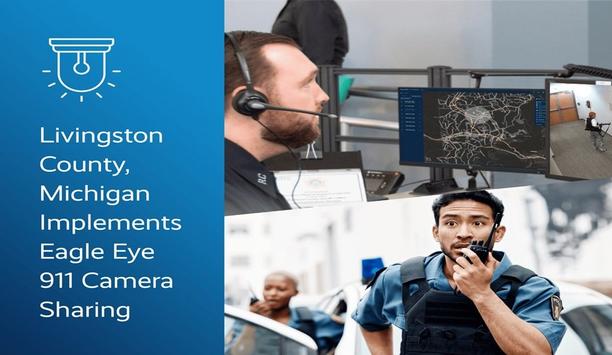Hospitals never stop focusing their time, energy, and money on healing people and saving lives. The staff must mitigate problems – whether dealing with security risks, theft, accidents, lawsuits, staffing issues, compliance violations, or budget constraints. From legal and security to facilities and pharmaceuticals, each department plays a vital role in achieving the hospital’s goals.
So how can hospitals get there? By focusing their efforts in three critical ways:
- Maximise resources
- Use current infrastructure in new ways
- Consolidate assets
Benefit from the existing infrastructure
When facilities monitor operating rooms to reduce the time between surgeries, it saves lives
A great example of this is a hospital’s video management software. Every hospital has a resource for recording security video, but few use it to its fullest potential to considerably impact a hospital’s success.
Maximising resources
It’s not often that a hospital or enterprise can boost the effectiveness of an existing system without having to replace the hardware. Milestone Systems allows hospitals the opportunity to upgrade their video management software (VMS) by providing new capabilities and advanced features. The ability to upgrade software is essential because hospitals dedicate substantial capital to security solutions that help mitigate legal risks or compliance violations.
But Milestone’s XProtect® open platform VMS can help hospital administrators breathe new life into their video surveillance systems. In addition, Milestone partners with third-party technology companies to leverage new capabilities that integrate with XProtect.
New security and operational solutions
The other side of maximising resources is making sure people understand how to operate them
As a result, partners are constantly rolling out new security and operational solutions that enable hospitals to make the most of their current systems.
Customised solutions are only part of the story. The other side of maximising resources is making sure people understand how to operate. Because Milestone solutions work with existing systems, there’s a familiarity built-in—meaning current and new staff can quickly learn to use these updated tools at the speed hospitals need to impact patients’ lives positively. It’s true that technology is only as effective as the person uses it and how fast can get up to speed.
Using resources in new ways
When hospitals take advantage of Milestone’s integration technology partners to add functionality to their systems, their existing hardware is no longer just watching doorways and parking garages. Instead, it’s adding value throughout the hospital. By linking video with data, features like heat maps, camera location mapping, motion video facial recognition, and two-way audio support, staff and security teams can make more informed decisions and take swift action.
ICUs can monitor patients more effectively by gaining access to additional visual information in emergencies. Plus, software alerts staff to lend assistance if a patient slips and falls. When legal or compliance situations occur, Milestone offers functionality to make video investigation more efficient. Whether hospitals need a rule engine that can automate a wide range of security functions or want to be automatically notified when a breach by unauthorised personnel occurs in a restricted area, Milestone delivers solutions that can streamline costly investigations.
Consolidating resources
When systems can help so many departments, they aid more than just the security teams
It just makes sense to use a security system for other operational tasks. For example, an open platform like XProtect can provide a heat map for a congested corridor to determine traffic patterns, enabling operations personnel to minimise obstacles and improve the customer experience. It can more effectively prevent theft of supplies, equipment, or vital medicines – whether from outsiders or within the staff.
It can even enable nurses to monitor more patients and provide more care. When systems can help so many departments, they aid more than just the security teams. So, if the resource spans a range of departments, hospitals should be considering tapping multiple department budgets rather than drawing just from security.
Focusing on ultimate goals
When VMS can do more, can mitigate more risks, maximise existing resources, and further stretch budgets. With access to XProtect and the integrated technology partner solutions, the opportunity for hospitals to customise, scale, and update the technology without upgrading the hardware is limitless.
So when get more out of existing equipment, better empower security personnel, prevent theft, and avoid potential lawsuits and compliance issues, the hospital can focus on providing better outcomes to the pivotal moments in people’s lives.



















